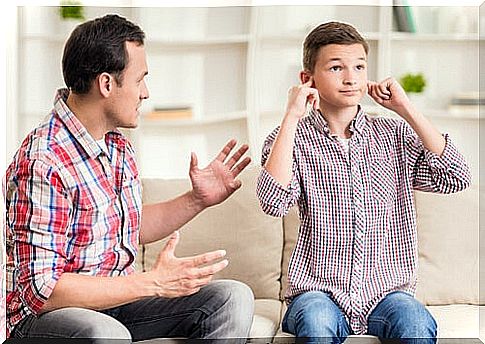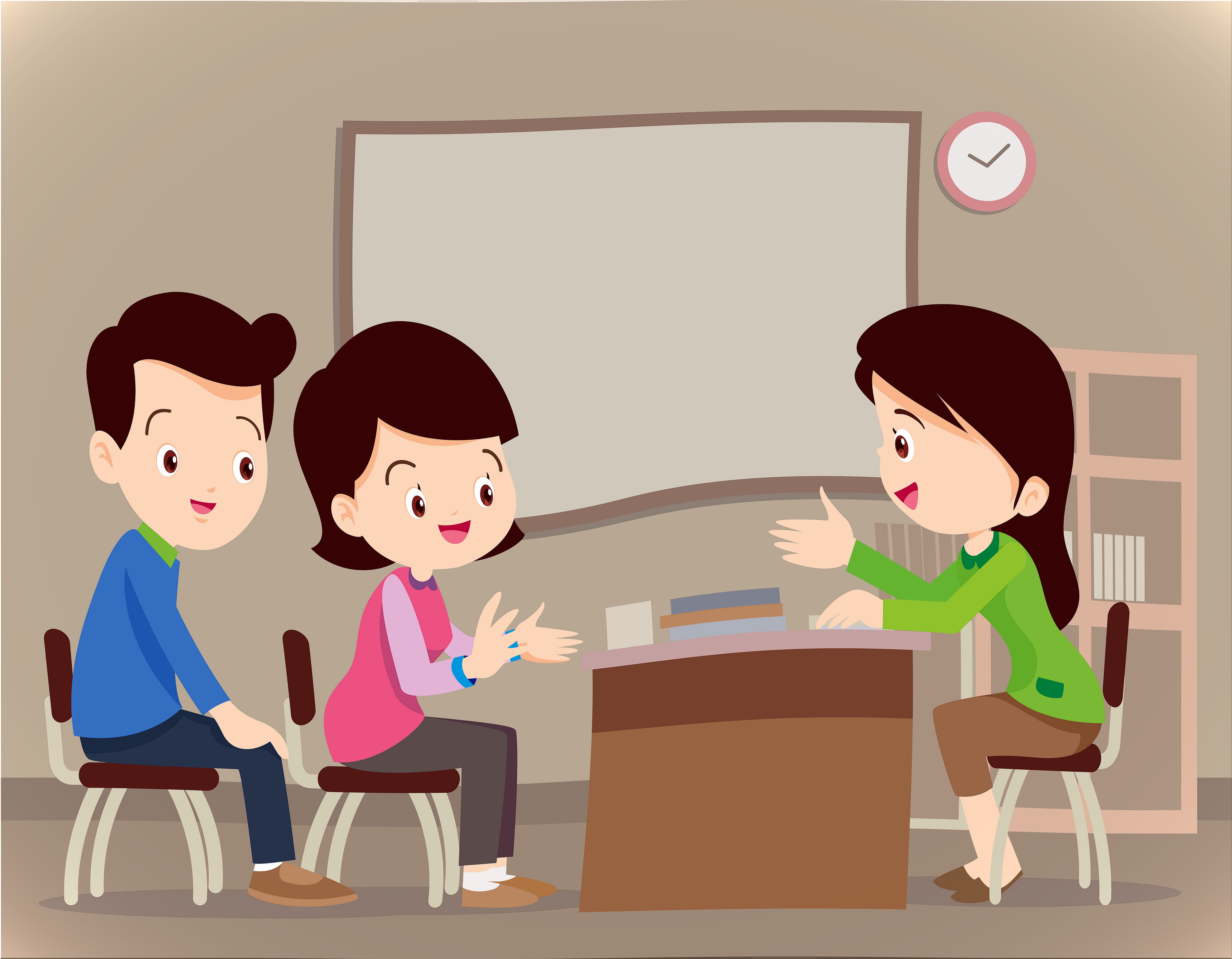How Can I Stop Fighting With My Son?

Why do some children seem to love to fight? Is it because they are imitating their friends? How can I be your friend and not your enemy? If you have a teenage son, conflicts could test your mothering skills to the fullest, and also your patience… But remember that you are not his friend, you are his mother. One mother said : “My blood boils every time my daughter challenges my authority. We get so frustrated that we end up yelling at each other . ” She comments: “Arguments with my son are always loud and always end when he goes and locks himself in his room.”
As our children grow the challenges as parents increase, feeling as if we cannot end a conversation in peace but always fight. But how can I stop fighting with my son? Take into account their feelings and development.
Is learning to reason
As these words indicate, children are different from adults, usually they think in black and white. However, adults have more gray areas because of life experience and because we think about things from different angles before making a decision.

Your child is learning to analyze things and make his own decisions. Of course, you don’t want him to make the wrong decisions but if you don’t help him now it will always depend on you. Here are some useful tips to help you develop your reasoning skills:
- Recognize that your child has a different way of thinking than you because at this moment he is forming his ability to reason.
- Ask for his opinion and pay attention to what he says.
- Instead of telling him that his thinking is wrong, first compliment him on wanting to analyze things before acting.
- Then help him evaluate his thinking.
- Don’t think that you have the last word or that your words are falling on deaf ears. Rather, he is acknowledging your point of view and evaluating how it differs from his.
Is forming your convictions
A key element of raising a child is preparing him for the day when he will leave home and make his own life. You must help him to have good manners, self-confidence, cultivate qualities, have his own opinions and make them known.
When pressured by his friends to do wrong, the young man with a well-formed identity thinks about the consequences of his actions and asks himself: “What kind of person am I? What are my values? What would a person with the same values as me do in this situation? ” By explaining what is best for him, discussions will begin. But remember; your goal is to stop fighting with your child and not start a fight.

Why don’t you try this?
Instead of getting bogged down in an argument, repeat your son’s words: “ Let’s see if I understand correctly. Are you saying that …? ” And then ask questions like, “Why do you think like this? What made you come to that conclusion? ” Encourage him to express his position. If the difference is due to a matter of preference and not of principle, show him that you are capable of respecting his opinion even if he does not share it one hundred percent.
Firm yet flexible
Children learn fast and if they want to get away with it they will try to manipulate you to achieve it. Sometimes they will only start an argument so that in the end you give in, and by doing so they will have learned that the more they yell, the faster they achieve their goal.
So you have to be firm, sometimes it is difficult for us to say “No”, but if we say it quickly and then change our mind, he will have won. Pay attention to what he says, but when your answer is a negative, be firm and do not change. You can have a family meeting to explain the rules of the house and ask for their opinion, so you will be aware of their tastes, and at the same time you will not seem their enemy or a dictator.
Once the storm has passed and you calm down, apologize to your child if he exploded. This will help him calm down and facilitate communication between the two of you, and he will also learn to take responsibility for his actions, in the same way that you are doing.










